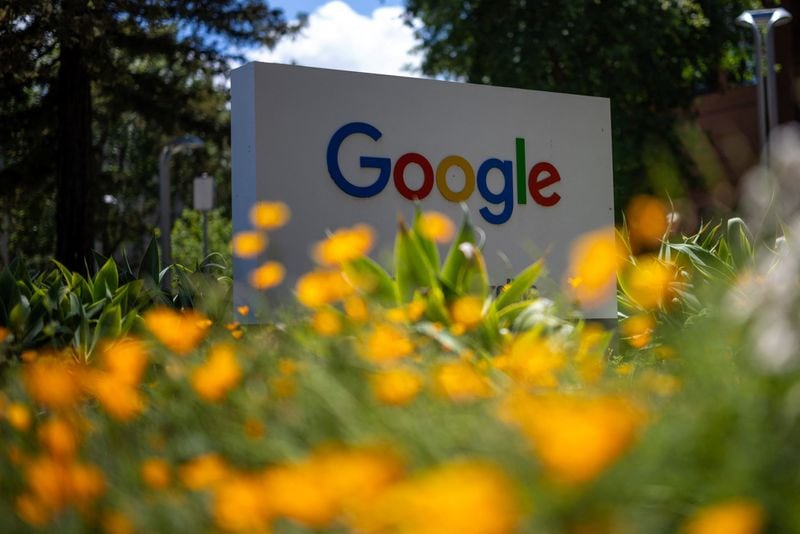Google will likely pay a $700 million settlement in response to a Utah-led complaint over its anticompetitive conduct concerning payment processing and app distribution within the Google Play Store.
A news release from Utah Attorney General Derek Brown, the Utah Department of Commerce Division of Consumer Protection and the coalition of 52 other attorneys general behind the complaint said their lawsuit alleged Google “used its power to enter into exclusive agreements that prevented companies from gaining access to key distribution channels.”
This, they said, resulted in higher prices and fewer options for consumers.
In addition to Google being required to pay consumers and significantly change its payment practices on the Google Play Store through the settlement, Utah is expected to receive approximately $10 million for its sovereign claim and associated costs. The other states involved will receive an additional $70 million for their sovereign claims.
“Google’s monopoly over the Play Store has hurt everyday Americans and small businesses by jacking up prices and limiting choices,” Brown said in a statement. “The bulk of this $700 million settlement goes directly to consumers who were overcharged for in-app purchases. I’m proud Utah has been a leader on the national stage in holding Google accountable for its conduct.”
Big news— we achieved a $700 million victory over Google, holding them accountable for hurting everyday Americans and small businesses by increasing prices and limiting choices!
— AG Derek Brown (@AGDerekBrown) November 7, 2025
Utah led a coalition of 52 attorneys general in a lawsuit against the tech giant for reducing… pic.twitter.com/t9sJXHuujF
Per the expected settlement, Google will pay $630 million —minus costs and fees — to consumers who made purchases on the Google Play Store between August 2016 and September 2023 and were harmed by Google’s anticompetitive practices.
Additionally, eligible consumers do not have to submit a claim; instead, they will receive automatic payments through PayPal or Venmo, or the option to receive a check or ACH transfer, the release says.
“Today marks an important milestone in restoring trust in the app store marketplace. This settlement addresses the harm caused to consumers by Google’s deceptive practices and paves the way for a more transparent and fairer environment for all users,” Margaret Busse, executive director of the Utah Department of Commerce, said in a statement.
The path to the settlement began in 2021 when Utah spearheaded a bipartisan coalition of 37 attorneys general in suing Google, alleging the company “unlawfully monopolized the market for Android app distribution and in-app payment processing” and claimed Google “signed anticompetitive contracts to prevent other app stores from being preloaded on Android devices, bought off key app developers who might have launched rival app stores, and created technological barriers to deter consumers from directly downloading apps to their devices.”
In 2023, the coalition announced a settlement in principle, but it had been pending before the court since.
Along with consumer restitution, the settlement requires Google to reform its practices to:
- Allow all developers to enable users to pay through in-app billing systems other than Google Play Billing for at least five years.
- Allow developers to offer lower prices for their apps and in-app products to consumers who use alternative, non-Google billing systems for at least five years.
- Permit developers to steer consumers toward alternative, non-Google billing systems by advertising cheaper prices within their apps themselves for at least five years.
- Not enter into contracts that require the Play Store to be the exclusive, pre-loaded app store on a device or home screen for at least five years.
- Allow the installation of third-party apps on Android phones from outside the Google Play Store for at least seven years.
- Revise and reduce the warnings that appear on an Android device if a user attempts to download a third-party app from outside the Google Play Store for at least five years.
- Maintain Android system support for third-party app stores, including automatic updates, for a period of four years.
- Not require developers to launch their app catalogs on the Play Store at the same time as they launch on other app stores for at least four years.
- Submit compliance reports to an independent compliance professional who will ensure that Google is not continuing its anticompetitive conduct for at least five years.

